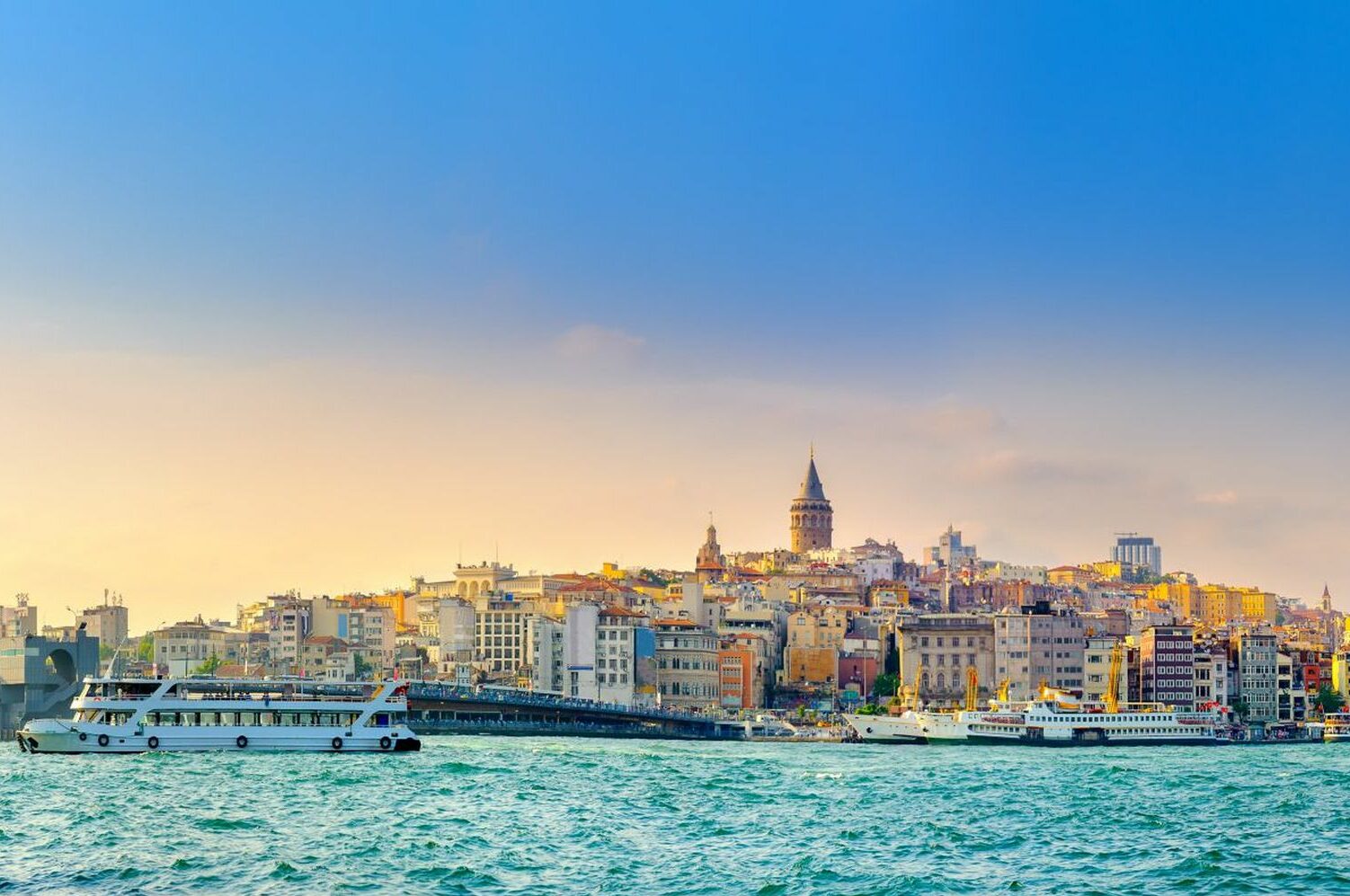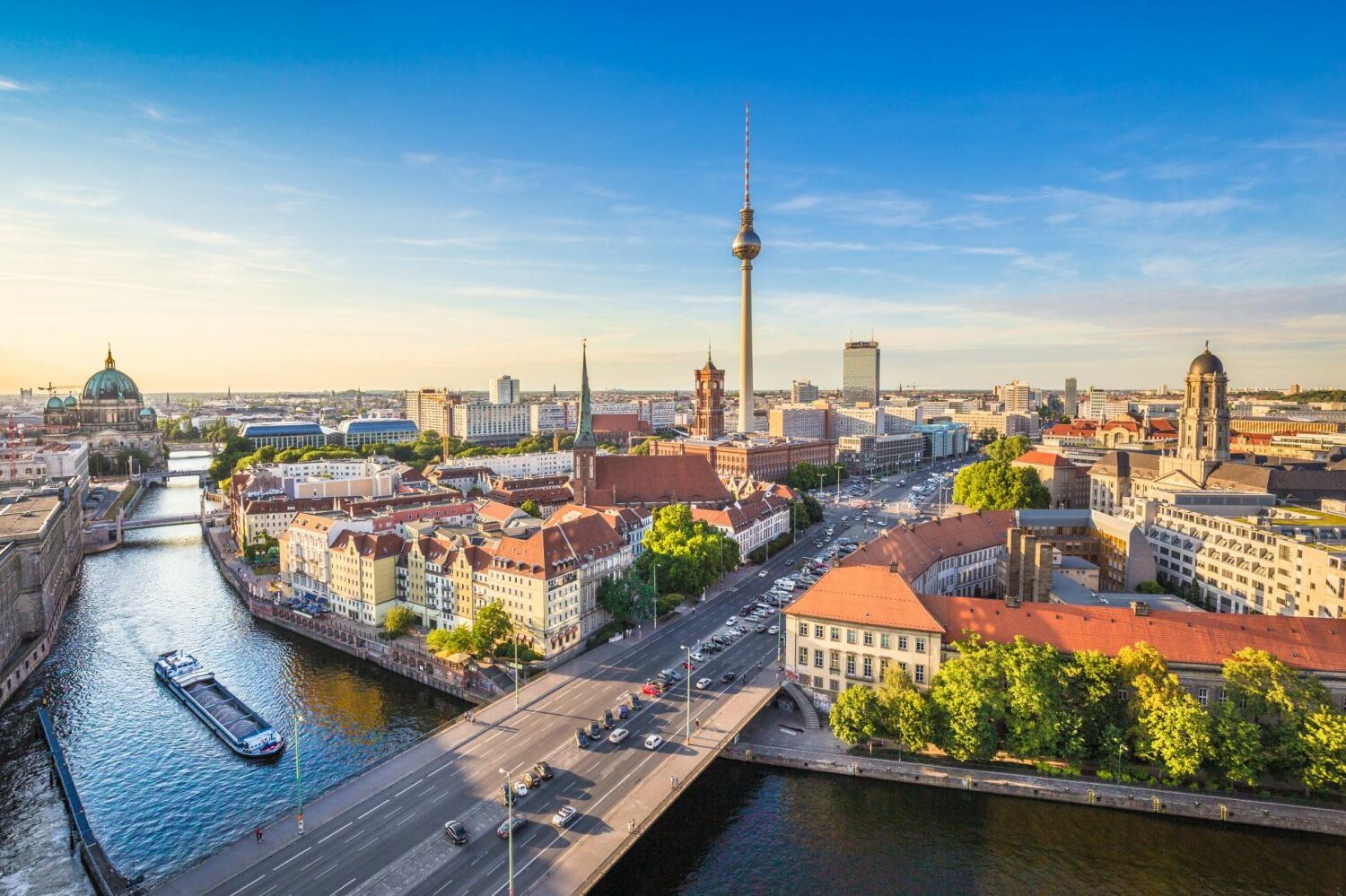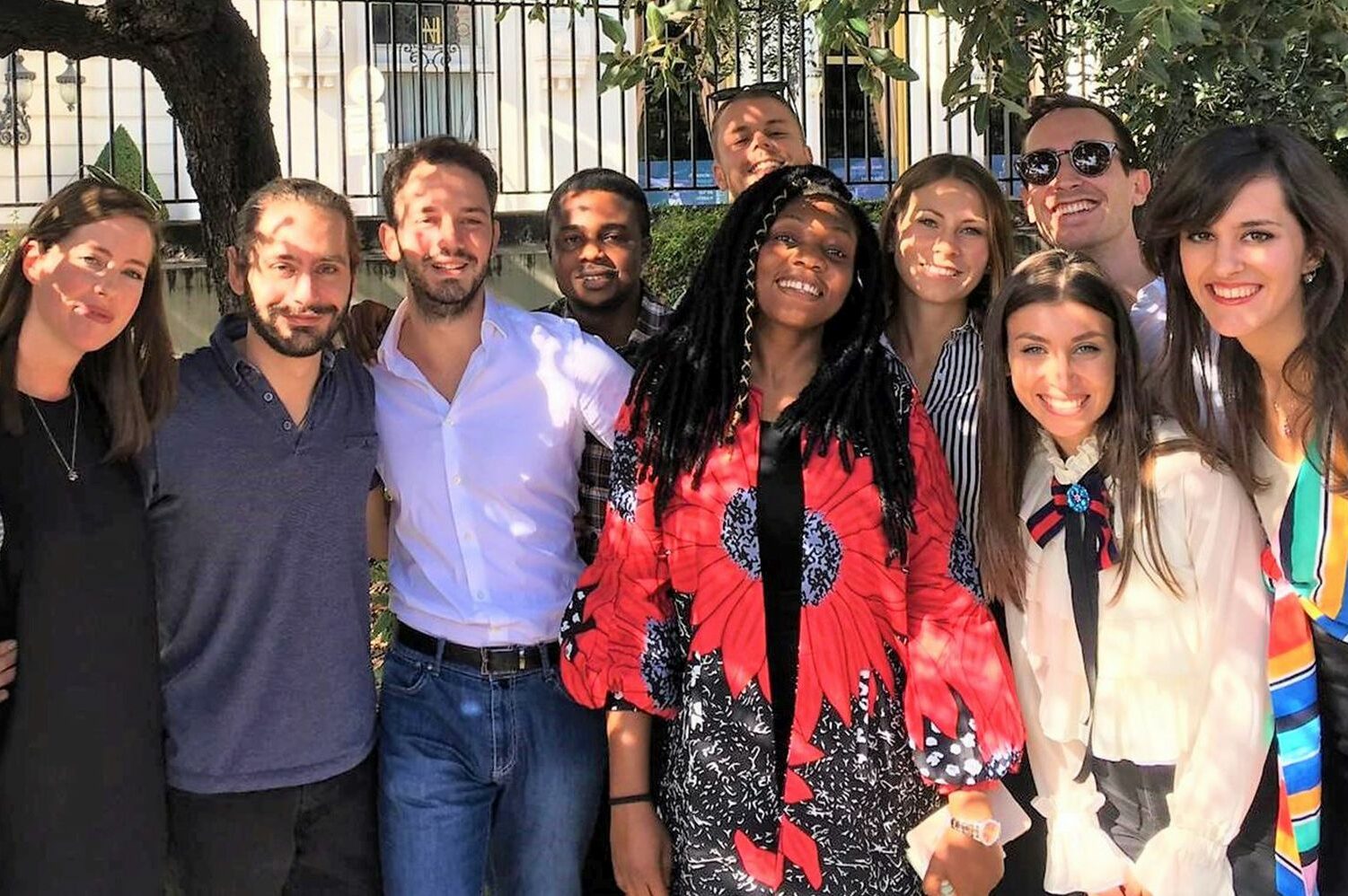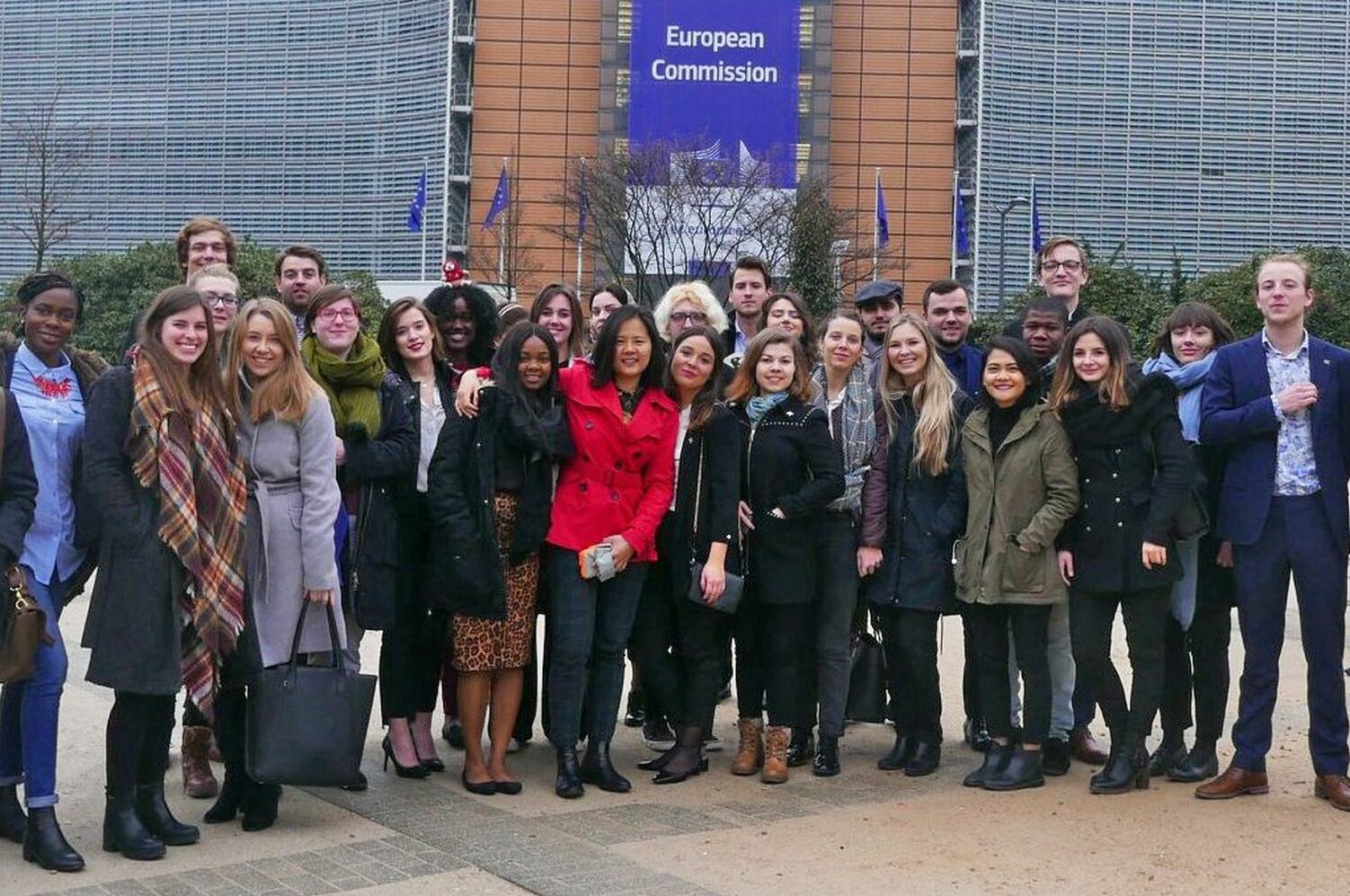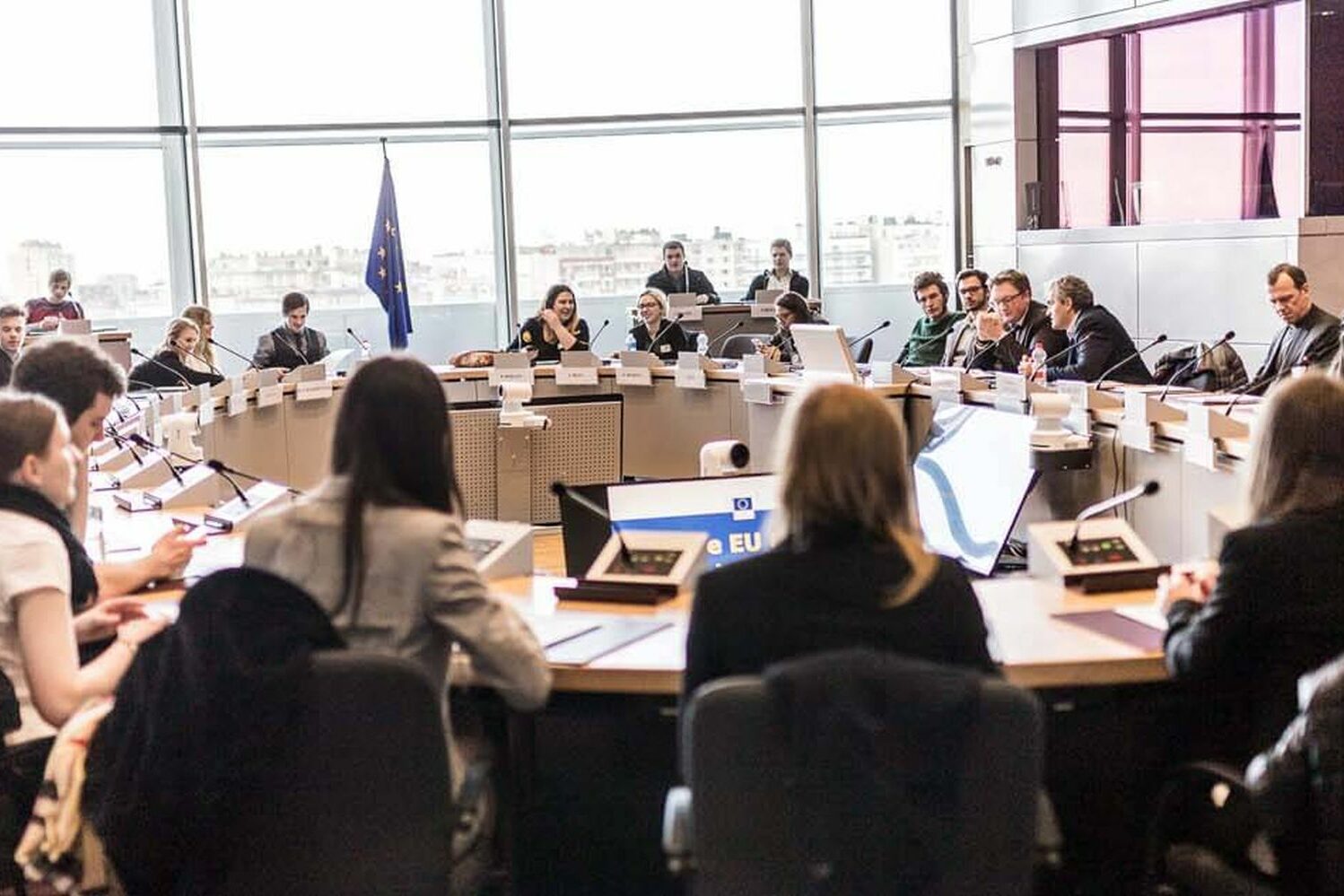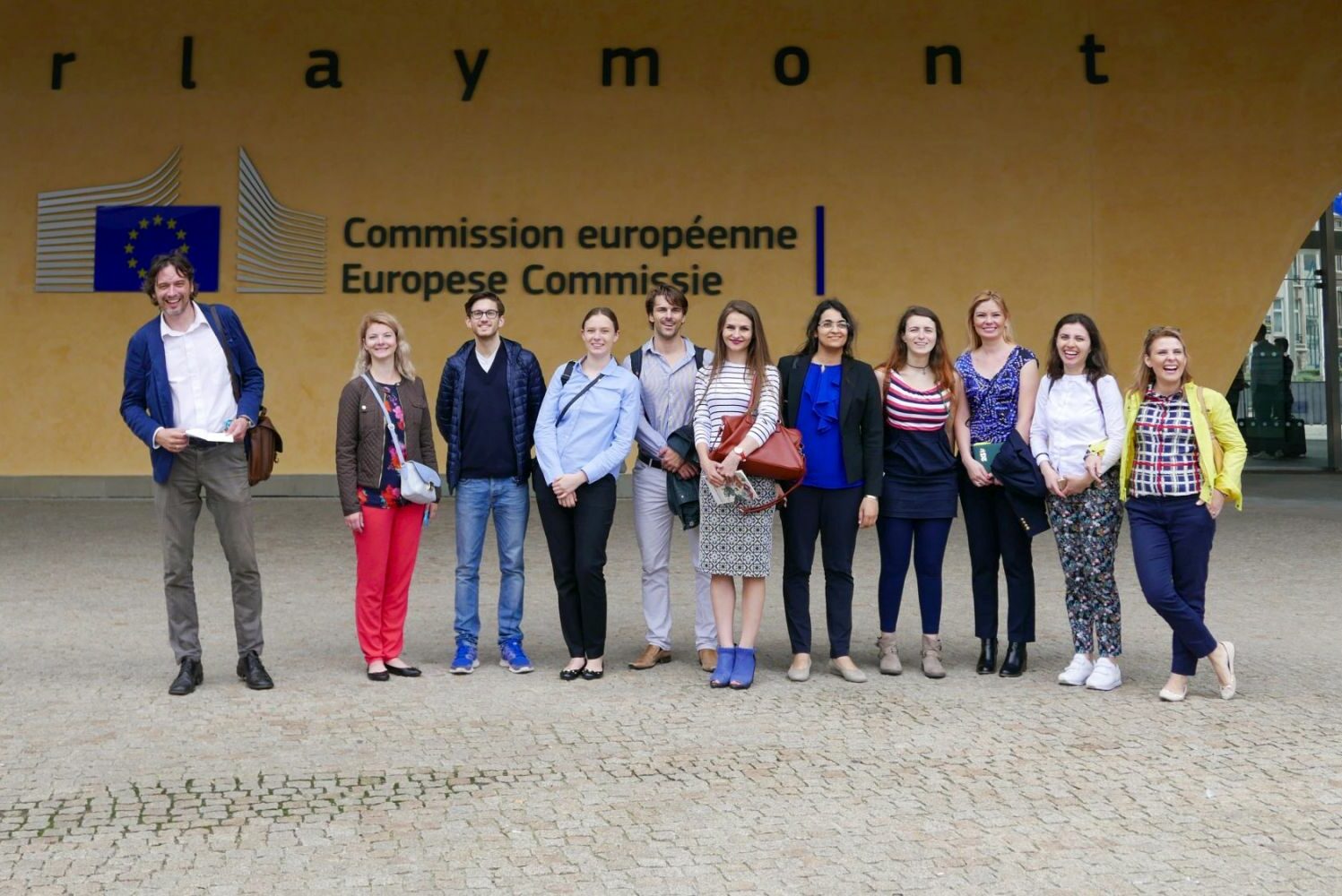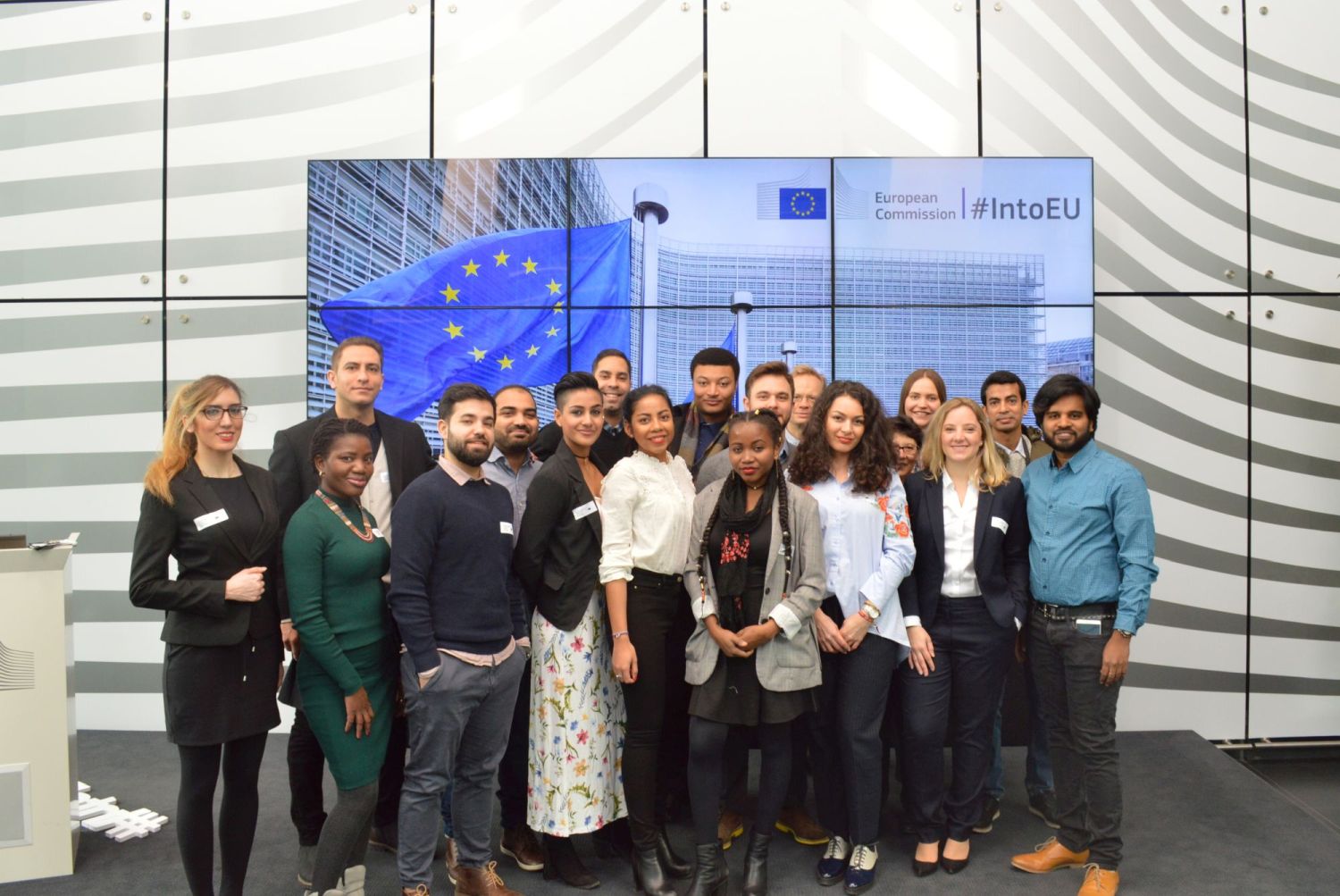
Master in Global Energy Transition and Governance
The Master in Global Energy Transition and Governance is targeted at students and young professionals with a Bachelor degree and is open to all academic disciplines. It aims to give a deep understanding of the complexity of the current energy transformations in Europe and worldwide.
Duration
10 months
Starting Date
October
Tuition Fee
€ 8,900
Study Destinations
Nice and Berlin
About the programme
With its unique, multidisciplinary approach, the programme analyses the links between the different levels of energy governance, from an international to a local level, offering problem-focused learning at the crossroads of theory and practice.
Overview of the academic year
The one-year Master programme (three terms) welcomes participants from all five continents and takes place in two study locations: Nice and Berlin.
The programme includes a study trip to Brussels as well as several field trips to relevant energy sites in France and Germany.
October to December: Nice
The programme starts off in Nice in October. Classes on the basics of all the five modules.
January to March: Berlin
For their second term students move on to Berlin. From here they will travel to Brussels, for a study trip to relevant European institutions and professional organisations. During this term, they will also participate in field trips to Leipzig and Feldheim.
April to June: Nice
In April students return to Nice. Finalising research work, defence of the thesis, final oral exams, graduation ceremony.
Programme structure & learning outcomes
Teaching modules
Five basic modules form the framework of teaching and research at CIFE. International guest lecturers, experts from various European and international organisations, as well as researchers from partner institutions contribute to these modules.
- International Energy Governance and Conflicts
- Economic Energy Governance and Markets
- Clean Energy Transitions in the European Union
- Cities and Citizens in the Energy Transition Processes
- Professional Skills and Methodology
- Thesis
Teaching methods
The programme offers problem-focused learning at the crossroads of theory and practice. Students gain a strong academic background and are prepared for the job market through a variety of trainings in professional and practical skills. Participants are actively involved in the organisation of workshops and participate in a simulation of a local decision-making process for the construction of wind farms as well as the elaboration of a policy strategy of energy cooperation. Field visits complement the benefits of the programme as well as the participation in international conferences, workshops and seminars.
